Mental Health
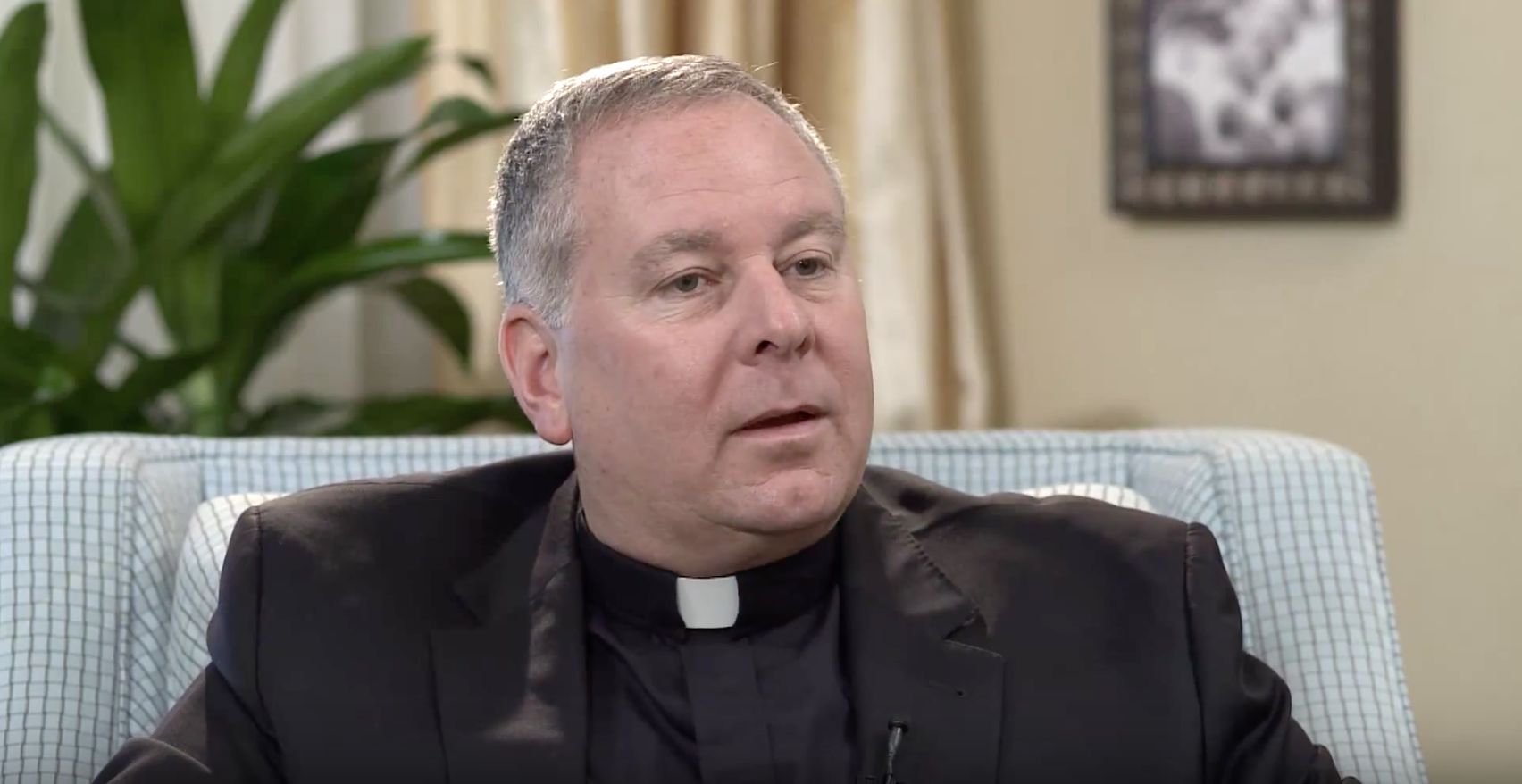
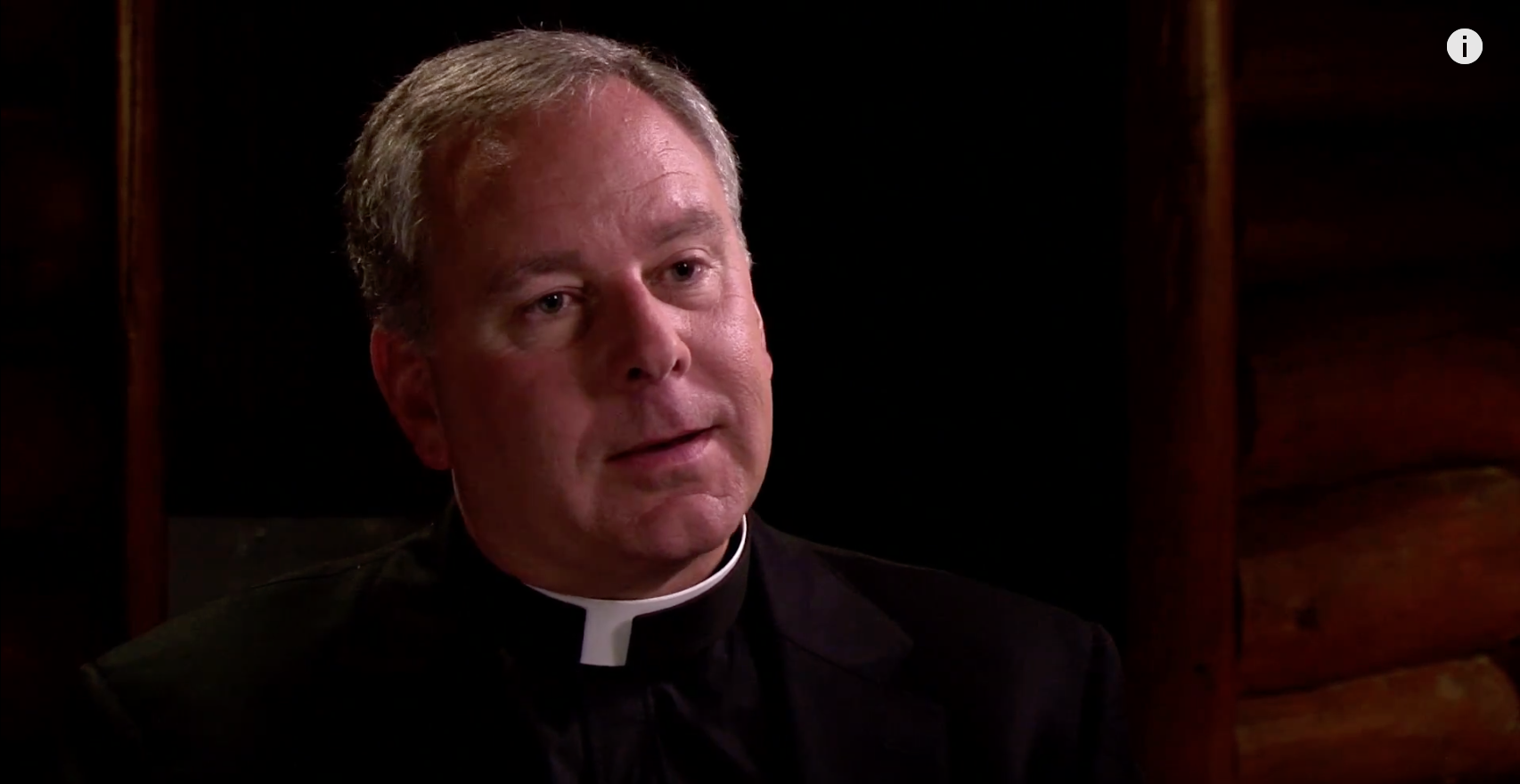
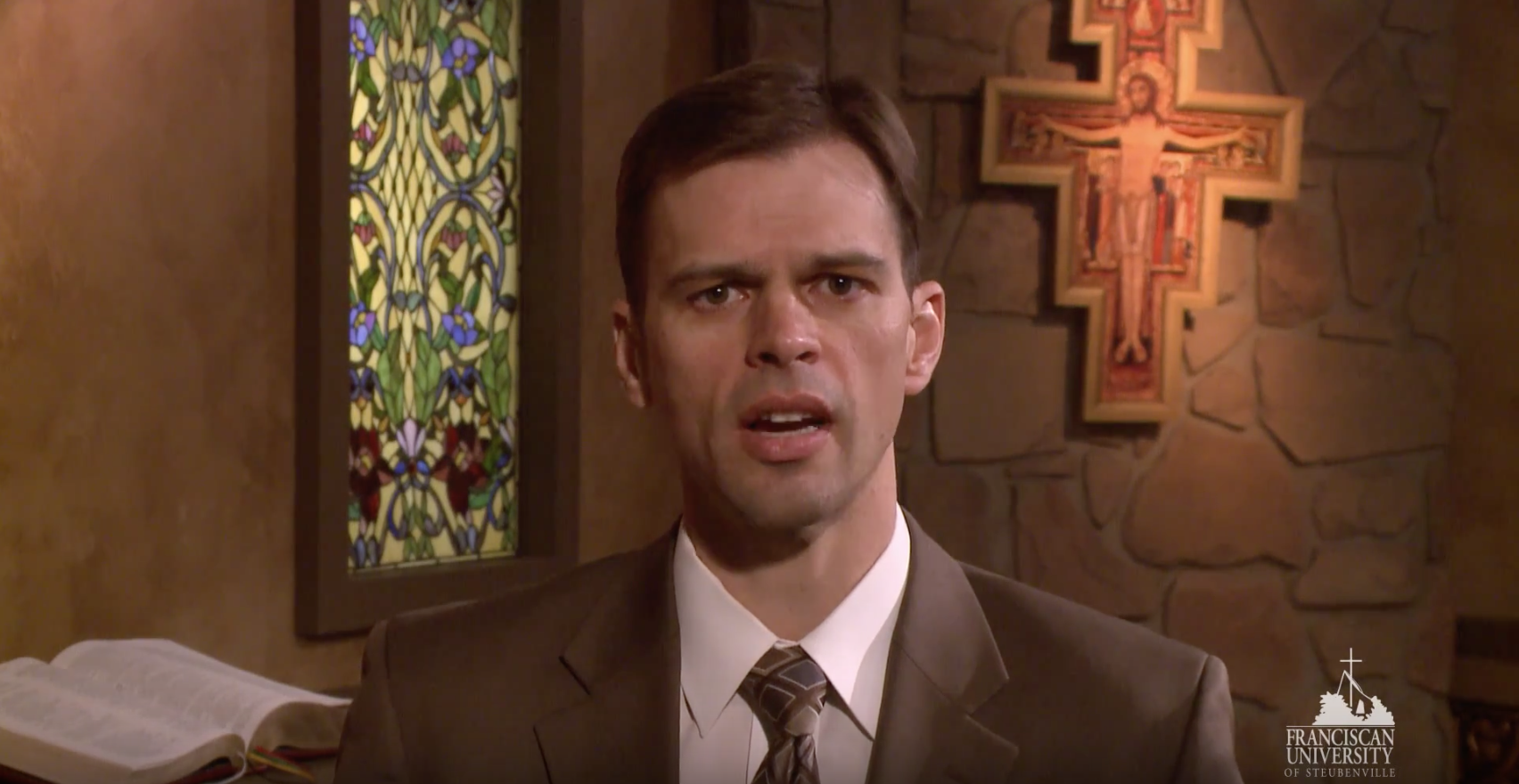
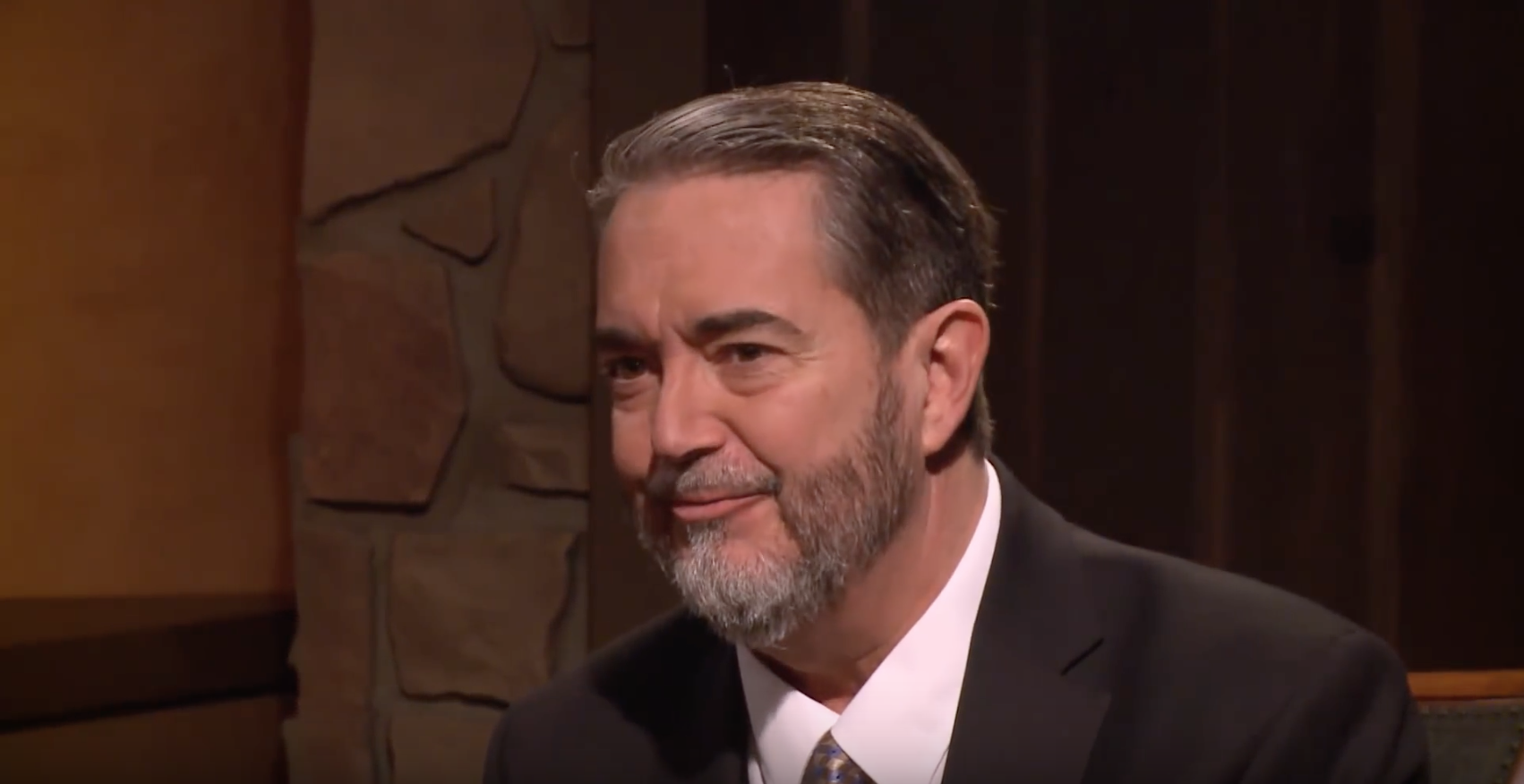
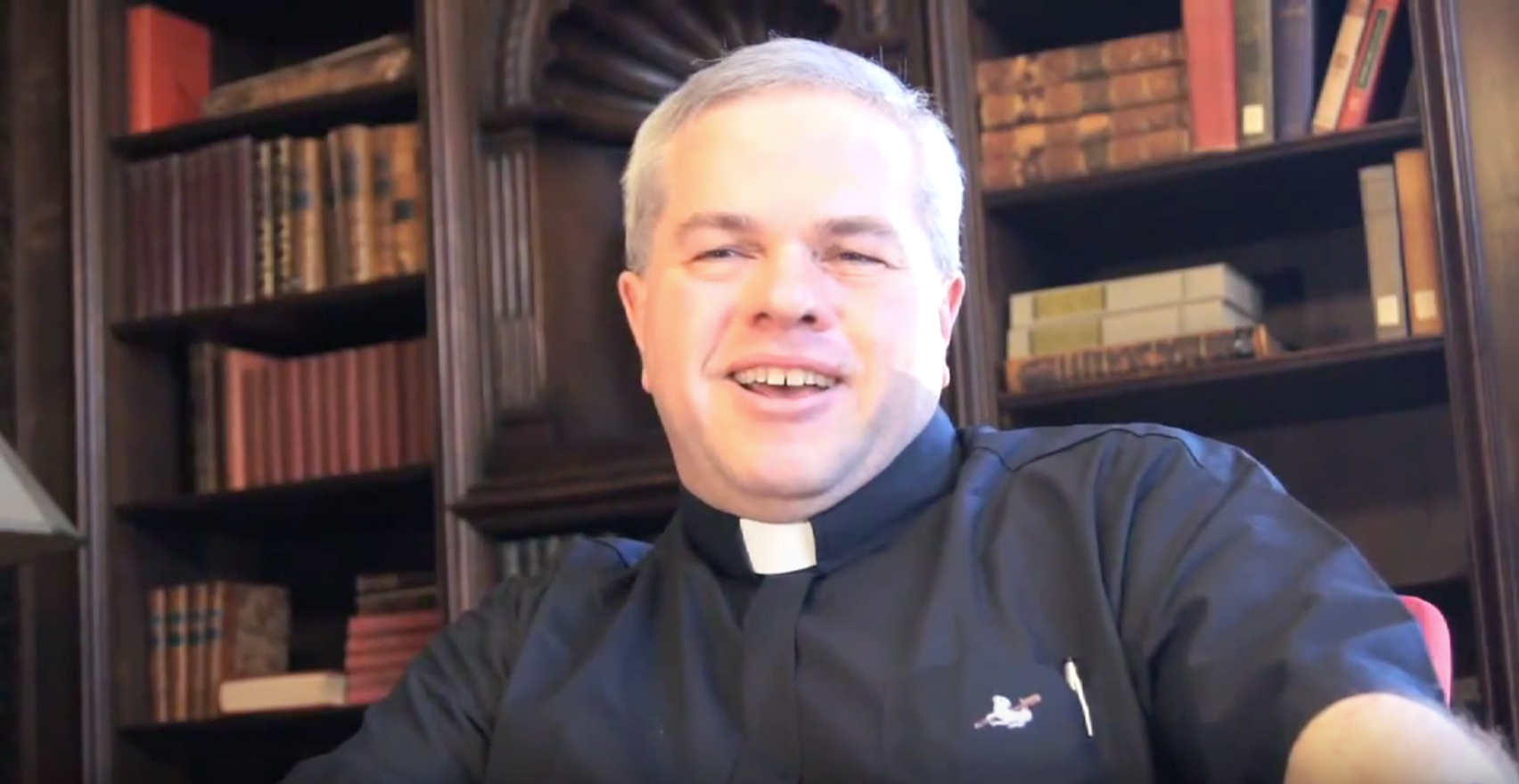
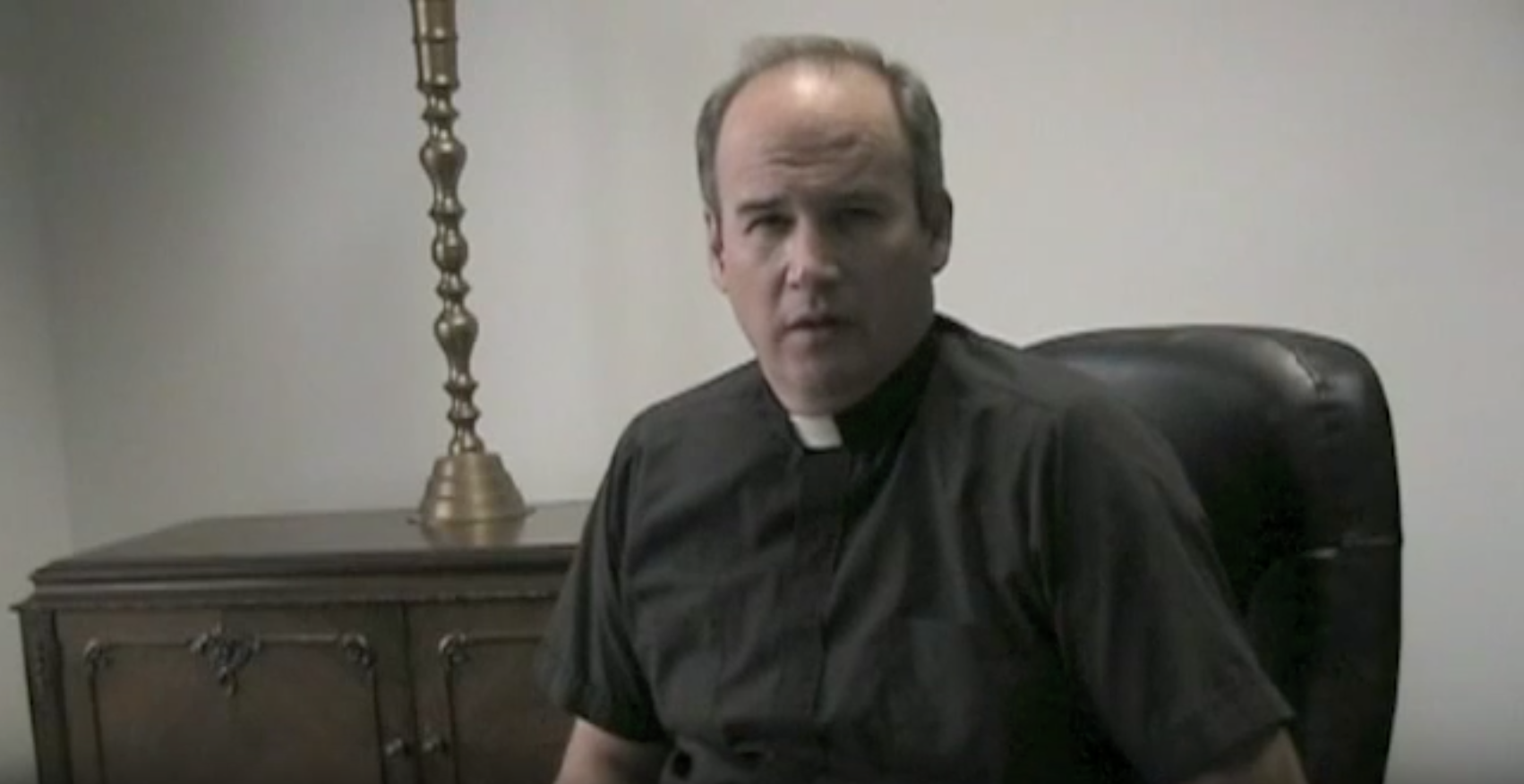
While hopefully rewarding, the priestly ministry also requires a lot of heavy lifting. Accompanying people through the challenges of life, listening to their problems, and sharing in their burdens is both physically and emotionally taxing.
As with other caregiving professions, maintaining the capacity for compassion and self-gift in the face of the suffering of others requires priests to have the support necessary to maintain their own mental and emotional well-being when faced with the barrage of challenges in caring for others.
Sadly, many priests do not have the support they need. They live alone, with limited or insufficient access to brother priests both to share the load of ministry, and have the peer support necessary not to feel left in emotional isolation.
Under these circumstances priests may find their own mental and emotional well-being suffering, even to the point of developing clinical depression or anxiety, and find they are self-medicating with alcohol, tobacco, and other unhealthy behaviors to the point they have become their own problems.
Keys to Maintaining Mental and Emotional Well-Being
Support
Fellowship of brother priests
Sleep, rest, recreation
Avoid over-extending
Community
Hobbies
Vacation
Retreat
Time alone, time with friends, time with the Lord
Symptoms of Clinical Depression
Symptoms concerning if experienced nearly every day for at least two weeks.
Depressed mood (feeling down, depressed, empty, tearful, or irritable)
Profoundly decreased interest in normally enjoyed activities
Weight change (significant weight loss or gain when not trying to lose or gain weight)
Sleep disturbance (either significant insomnia or oversleeping)
Being either so restless or so slowed down that others notice
Low energy and fatigue
Excessive feelings of guilt, worthlessness, or hopelessness
Inability to think, concentrate, or decisively make decisions
Recurrent thoughts of death or committing suicide
Treating Depression
Studies have shown the most effective treatment for clinical depression is a combination of therapy and medication.
Jacobson, Michael J., Sansea L. Jacobson, Michael E. Thase. "Depressive Disorders." Oxford American Handbook of Psychiatry. Ed. David J. Kupfer. Oxford, New York: Oxford University Press, 2008. P271-340.
Symptoms of Clinically Significant Anxiety
Although some anxiety is a normal part of life, excessive anxiety and worry can impair overall functioning.
Symptoms concerning if experienced for over 6 months and result in significant impairment in functioning.
Excessive anxiety and worry, which is difficult to control
Restlessness
Fatigue
Decreased concentration
Irritability
Muscle tension
Sleep disturbance
Treating Anxiety
First line treatment includes therapy (such as cognitive behavior therapy), and relaxation techniques. Medications can also be helpful for significantly impairing anxiety symptoms.
Gilbert, Andrew R., MacPhee, Edward R., Gilbert, Alison M. “Anxiety and stress-related disorders.” Oxford American Handbook of Psychiatry. Ed. David J. Kupfer. Oxford, New York: Oxford University Press, 2008. P416.
If you or a brother priest you know is struggling, seek help. When spiritual direction is not enough, consider seeking out the help of a therapist, psychiatrist, or other mental health professional. Many dioceses and orders have identified recommended providers for priests in need of mental health care. Health insurance customer service can also be consulted for a list of in-network providers. Additionally, organizations exist that specialize in providing mental health treatment to priest and religious (see below for priest-specific mental health resources).
To learn more about mental health conditions, symptoms, and treatment options, visit the National Alliance on Mental Illness.
National Suicide Prevention Lifeline: 1-800-273-8255
Father, we need you. Please reach out for help if you are struggling with depression or having thoughts of harming yourself.
The National Suicide Prevention Lifeline is a national network of local crisis centers that provides free and confidential emotional support to people in suicidal crisis or emotional distress 24 hours a day, 7 days a week. The Lifeline is committed to improving crisis services and advancing suicide prevention by empowering individuals, advancing professional best practices, and building awareness.


